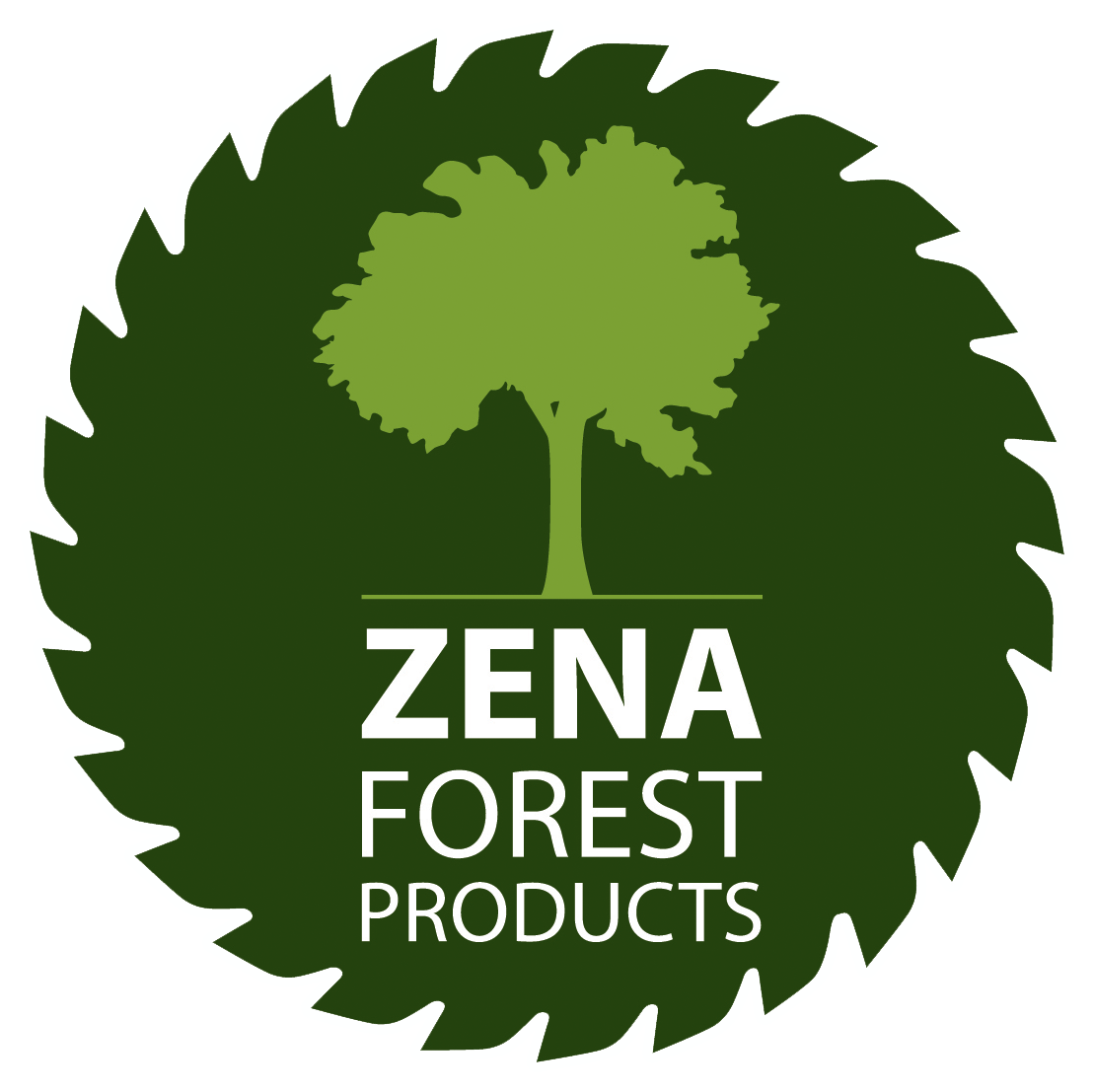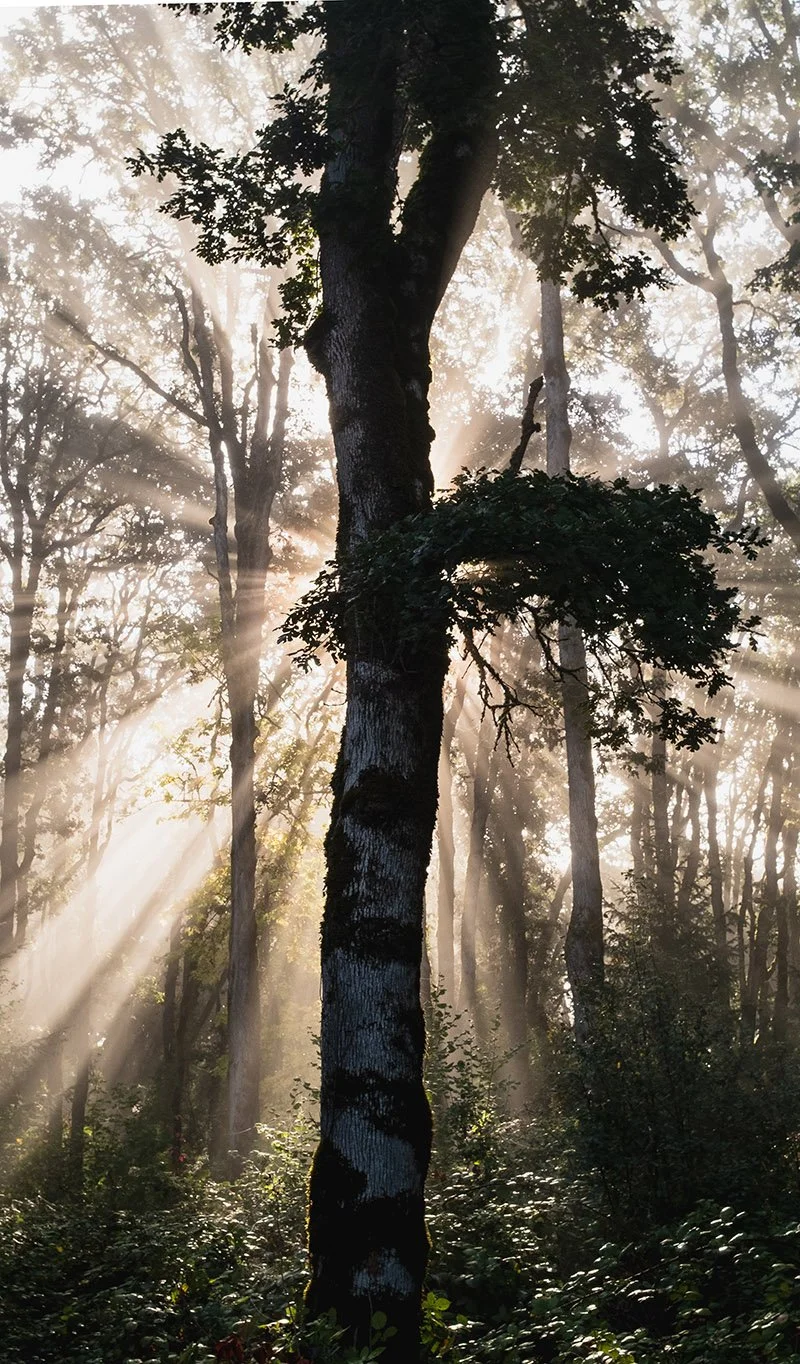A Call to Evolve Beyond the Word "Sustainability"
By Ben Deumling
President of Zena Forest Products
Recently someone asked me to describe our sustainability practices at Zena. In answering this question, I was reminded of how much I struggle with this word and what it means and doesn’t mean.
What does the word sustainability actually mean? This word has become so common in the parlance of our times, and these days it is expected that pretty much every company will use this word to describe their work. From the smallest coffee shop on the street corner to the biggest multinational companies, every single one will proudly use the word sustainability to describe the work that they do. For most people, I think it simply refers to some nebulous care for the environment, and most everyone on this planet on some level cares about the future of our world. I would argue that the word has effectively lost its meaning and doesn’t really differentiate aspirations from actions. At its most fundamental, it simply means to sustain the status quo.
Furthermore, given the fragile state of our world in so many areas, I feel like it is time for a new word. So many of our ecosystems are already in a fragile and precarious state, our social fabric is frayed, and the systems that we rely on more often than not don’t live up to expectations. Do we really want to sustain the status quo?
Shouldn’t we instead work to rebuild, strengthen and restore our systems, both natural and human constructed?
There are a few words in the English language that I think do a much better job of meeting the needs of the moment. Restoration and resilience are both words that I regularly use to describe the work that I think is important. We should be working to restore our systems in order to build resilience. Not to necessarily put our systems back to the way they once were, but to strengthen them to a condition that can best meet the challenges of the future. We should be working to build resilience into our systems so that they can both withstand and recover from the disturbances that come their way.
For all of my professional life, I have been wrestling with what the world around me most needs, and what I can do to make things better. As a result, I have spent my career finding ways to support the restoration and resilience in the forests of Oregon. I am fortunate to be able to both live and work in the forest, which helps to keep me close to my work and passion. I hope that this work proves meaningful, but ultimately, I am striving to move far beyond just sustaining this place, but constantly finding new ways to restore and build resilience in this place.

